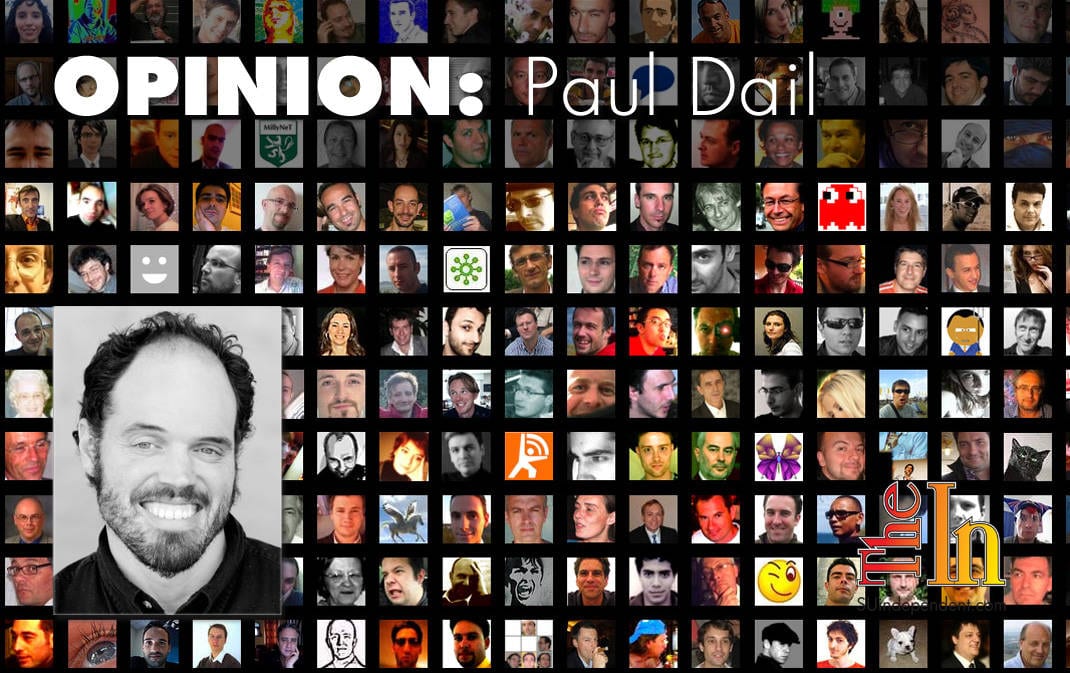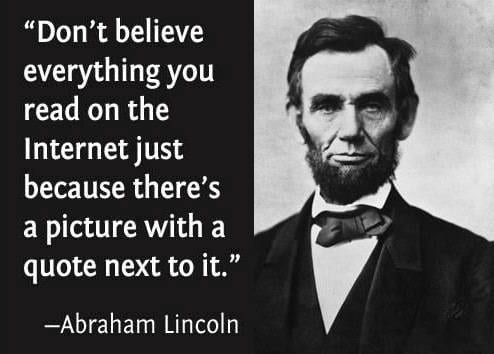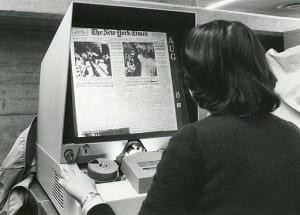
In the past, I’ve made no secret of my dislike for many things about Facebook. I like to see pictures of far-away friends, pick up some obscure knowledge, and have a good laugh whenever possible, but other than those sides of Facebook — which seem to be the exception, especially during this time leading up to the 2016 presidential election — I can do without most of it.
However, a conversation I had with my wife after a trip she took with several of her high school students has made me view Facebook in a whole other light, specifically two aspects of the social media behemoth that I previously would’ve considered its biggest flaws: the bastardization of the word “friend” and the rampant spreading of misinformation.
Now I see that those Facebook flaws may just save the world.
Let’s start with my criticisms of the first one, the bastardization of the word “friend.”
Okay, do I really need to list the criticisms here? Facebook pretty much encourages you to just allow anyone into your personal sphere of existence. [Cue old man] Back in my day, we chose our “friends” because we thought we could trust and count on them, not just because we went to grade school together or both worked at Dairy Queen.
So social media has pretty obviously changed the whole connotation of “friend.” I don’t think I need to spend much more time on this one. However, this is crucial to the next element, so stay with me.
Without the vetting of friends that happens in the normal, face-to-face world but rather simply the opening of the floodgates to anyone, inevitably people with completely different viewpoints and opinions than yours will enter the picture.
This isn’t necessarily bad. I don’t have a problem with people believing different things than I do. Okay, in some instances, I do have a problem with that, but as I always told my own students when I was a teacher, a true friend doesn’t always agree with you or tell you what you want to hear. Just don’t shove it down my throat, okay?
 What I do have a problem with — hell, let’s just say what makes me completely insane — is people passing along misinformation, believing whatever they hear, and then spreading it. This could apply to religion, politics, education, environment, you name it. This spreading of misinformation happens on both sides of the fence, and I have problems with it regardless (even if I often wish the stuff a little closer to my side of the fence was actually true — damn you, Snopes).
What I do have a problem with — hell, let’s just say what makes me completely insane — is people passing along misinformation, believing whatever they hear, and then spreading it. This could apply to religion, politics, education, environment, you name it. This spreading of misinformation happens on both sides of the fence, and I have problems with it regardless (even if I often wish the stuff a little closer to my side of the fence was actually true — damn you, Snopes).
But now I think it’s probably good these people are out there doing just that. It’s a case of too much information — even if it’s misinformation — bombarding us from all sides. If you’ve spent any significant amount of time on Facebook, you know this is the case. Much like the arguments in a courtroom, the proponents of this barrage of information all seem to be telling different sides of the same story. And just like those court cases, many things you see out there are either a manipulation of the truth or just outright lies.
The smarter people are starting to realize that very thing, and fortunately for our future, this includes members of the younger generation. It’s unfortunate that more adults don’t seem to be getting it. It’s probably because we were raised in a different world.
[Cue old man again] Back in my day, we didn’t have the Internet.

Okay, that’s not exactly true, but I certainly didn’t grow up with it. In fact, for me, the Internet wasn’t getting really revved up for your average user beyond maybe email until after I was out of college. We were told that this “World Wide Web” was going to be an information superhighway, and after coming from a world of encyclopedias and microfilm, we wanted to believe that all the answers could be found in one convenient place. And the Internet would not lie to us. Right? Whatever is out there must be the truth, and with this great new social media world, we can now spread that truth to everyone we know with one little click.
Ah, the simpler days.
But based on the comments from this group of my wife’s students, the younger generation is more critical of what they see online. And I have to think a lot of it is thanks to those two flaws of Facebook conditioning and behavior. Since these kids are befriending almost anyone regardless of similar likes, dislikes, and opinions, and since many people on Facebook feel the need to constantly force (and attempt to reinforce) their opinions and beliefs on others, the kids are being bombarded with all those different sides of the same story. As a result, they’re actually having to decide what they’re going to believe.
I used to tell my students that I didn’t think it was acceptable to believe something just because they were told to believe it by their friends, parents, teachers, religious figures, or political leaders. I told them they needed to really look into what they were being told and decide for themselves what they believed. If they did that and discovered they still believed those things they had been told, great. And if they changed their minds based on what they learned, also great. But in my classroom, blindly following others wasn’t acceptable. It’s nice to see that while they might not have listened to me, Facebook is reinforcing this type of behavior — whether intentional or not — that I would almost call a mandate.
So maybe there is still hope for the world. Who would have thought it would be partially thanks to stupid Facebook?




This one tells it like it is Mr. Dail. Thanks.
But Is it politically correct to tell Facebook & fans ‘You don’t need 1000 friends to be liked? All you need is one dog’.
Thanks for the kind words. Glad you enjoyed it. And I long for the day when I can have a dog. Until then, I’ll just use Facebook to fill the void 🙂
Facebook is the place where circular arguments continue ad nauseum until one side or the other quits posting out of frustration, dies, or realizes that you can’t be rational with irrational people. Rational, of course, is my opinion and all who agree with me. Ultimately, the last person to post, by default, wins the argument. Not unlike religion and politics, rarely is anyone’s mind changed. So, I guess that the best we can hope for is the realization that its possible to look at things in a different way than our own.